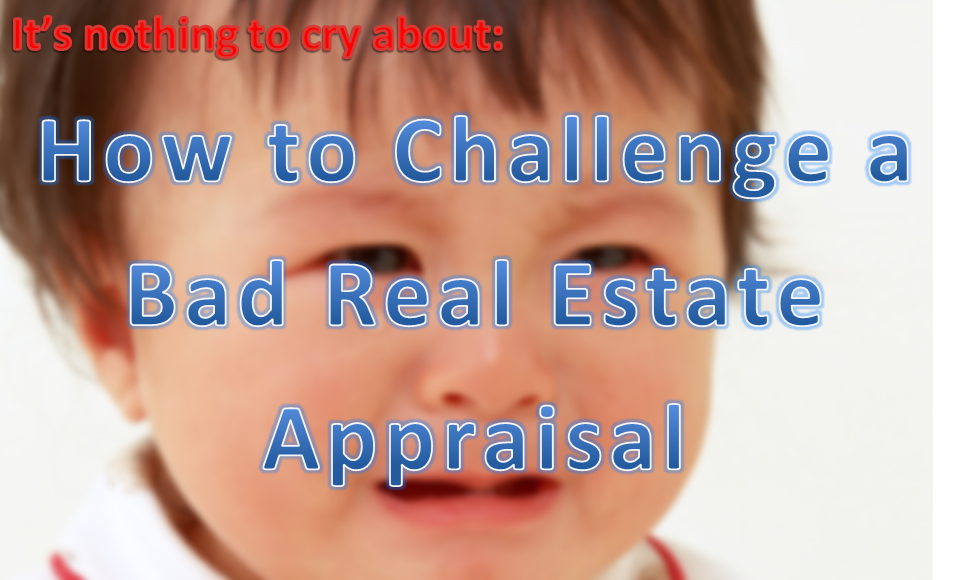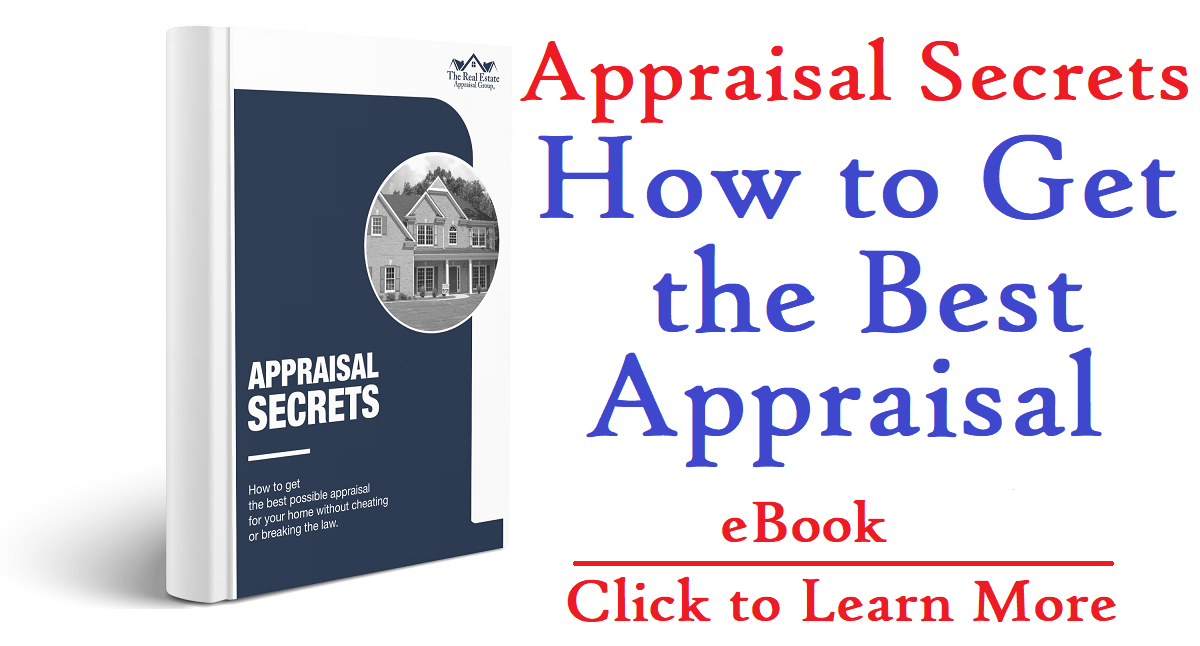
by The Real Estate Appraisal Group | Jun 24, 2015 | Uncategorized
You Don’t Have to Sit Still During Your Real Estate Appraisal. Hopefully, any real estate professional you interact with in your life will be just that- professional. A quality, well trained real estate appraiser will know the appraisal process forwards and backwards- in fact, most appraisals are conducted on vacant properties or when the owners aren’t even present. If you’re getting a real estate appraisal, obviously there might be a few things you’d like to discuss personally with the person deciding how much your home is worth. While you probably mean well, if you don’t do this correctly, it can ultimately distract the appraiser from giving your home and the appraisal report the attention it deserves. https://www.youtube.com/watch?v=zV4-Z7OeBQ0&feature=youtu.be Here are three quick, easy ways to assist your appraiser: 1. Suggest Similar or Comparable Homes In Your Area. Real estate appraisers should be acquainted with the areas they work in- it helps them recognize changing market trends over time, homes that stand out from the neighborhood, and just generally develop an over-all familiarity with the area. Regardless of how good your appraiser is- they probably didn’t watch children grow up there, or regularly drive back and forth between your house and the grocery store. If you can think of any homes in the neighborhood that might be similar to yours, it’s a good idea to present their addresses to help the appraiser choose better comparables for their report 2. Tell Them About Any Recent Updates To Your Home (in Writing). Appraisers try to take every detail of your property into...

by The Real Estate Appraisal Group | Jun 17, 2015 | Uncategorized
Be honest. If you are like me, you like to put things off. They have a word for that, I think? Oh Yeah…procrastination. It’s easy to put things off, especially at home when there is no sense of urgency. But when it come to getting the most money and value for your home, then you need to address these 4 items: Leaks. As soon as they are detected, whether they are plumbing, roof or gas, leaks should be taken care. Don’t wait. Water leaks especially, the longer you wait the more damage it does…and the higher the repair prices will get. With a gas leak, its best to call 911 and leave the home (in fact, leave the home first and then call 911) Take care of it as soon as you notice it to avoid any dangers such as explosions. Pests. Pest infestations can ruin a home. They eat through wood and chew on roofs, causing leaks. Plus, who needs all those extra pets anyway. Damaged Gutters. Pools of water around your home can mean the gutters need cleaning or are broken. If you do not repair them, water can leak down to your foundation and basement and create mold and rot. Cracks in Your Home Foundation. Foundation cracks can easily become larger and wreak havoc on your wallet. Over time, they can cause stability issues in a home. Also, water and pests can get in through the foundation cracks as well which will cause greater damage. Jonathan Montgomery Founder and President of the The Real Estate Appraisal Group.He has been a real estate professional since 1998. He’s been a broker, and...

by Jonathan Montgomery | Jun 10, 2015 | Uncategorized
If a real estate appraisal comes in too low, it doesn’t necessarily mean the appraiser made a mistake- but it might. The following is a short video explaining what to do if you actually A few months ago, we did a post on how to spot a bad real estate appraisal. The following short video explains how to formally present your concerns and questions to coerce the appraiser to take a second look. We’ve also put together some simple fill-in-the-blank templates to make this process as easy as possible- download links can be found at the bottom of the page. Challenging a Bad Real Estate Appraisal Templates: Template 1 Template 2 Jonathan Montgomery Founder and President of the The Real Estate Appraisal Group.He has been a real estate professional since 1998. He’s been a broker, and investor and now serves as an appraiser. He currently works as an appraiser, doing real estate appraisals in Washington D.C., Southern Maryland, and Northern Virginia. #treagroup...

by Jonathan Montgomery | Jun 4, 2015 | Real Estate Terminology, Uncategorized
All across the country, for the majority of neighborhoods, there is a general price range where most houses in the area will fall. Most neighborhoods have a spread of about 10-15%, meaning an area with a $100,000 average sale price would have a list range around $85,000-$115,000. When homeowners make the mistake of overbuilding, they put their home’s appraised value way outside of that window. This ties in with one of the most well-known saying in real estate: “location, location, location.” Let’s look at the example of the happy family of a father, mother with a baby girl on the way, and an annoying teenage son. They live in an area of mostly 1 story, 2 bedroom houses- but they really love the area. Instead of moving into a bigger house in another neighborhood, they decide to add another story onto their home, practically doubling the gross living space. This seems like a fantastic idea- the family stays in an area they love, watching their daughter grow up in the same neighborhood as their son . But now we come to 20 years down the road- after two kids are finished with or still in college, the two exhausted parents are ready to settle down in the countryside. It’s time to sell the house. After spending upwards of $150,000 on that second story, it seems irrational not to charge more for their house. As the median sold price in the neighborhood has bounced around $50-60k across the last few years, they decide to list their home at $200,000. A month later, they list at $190,000. After...







Recent Comments